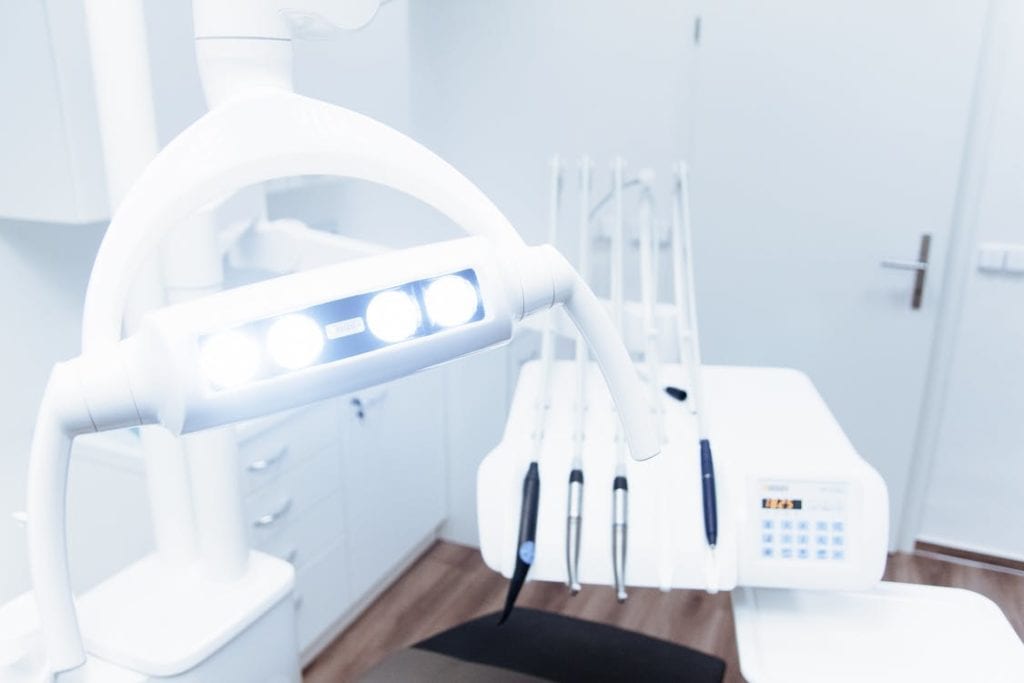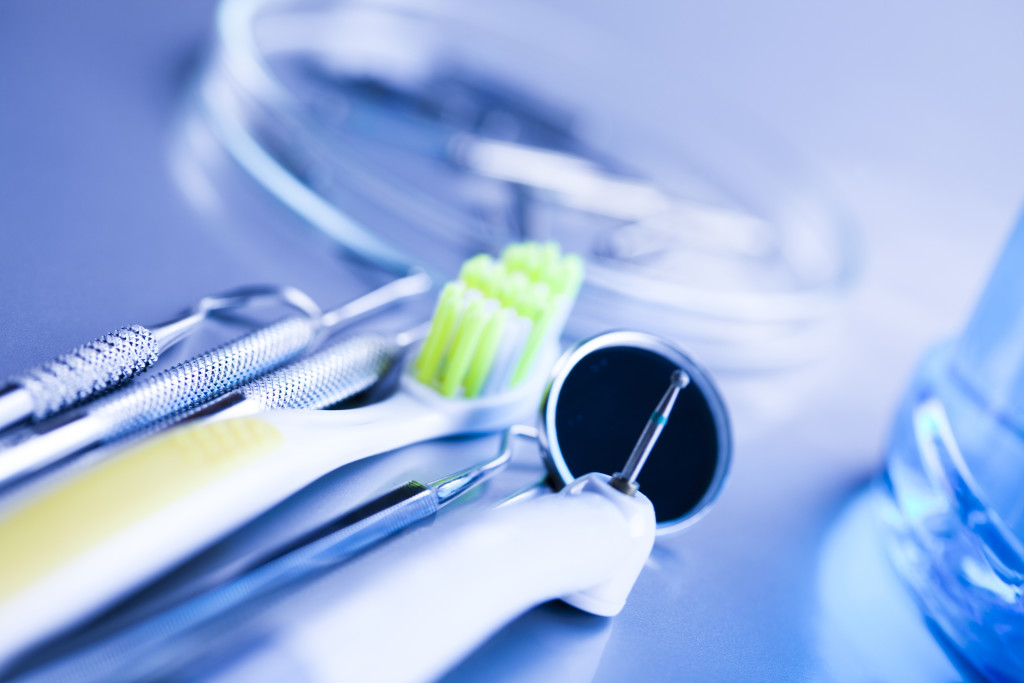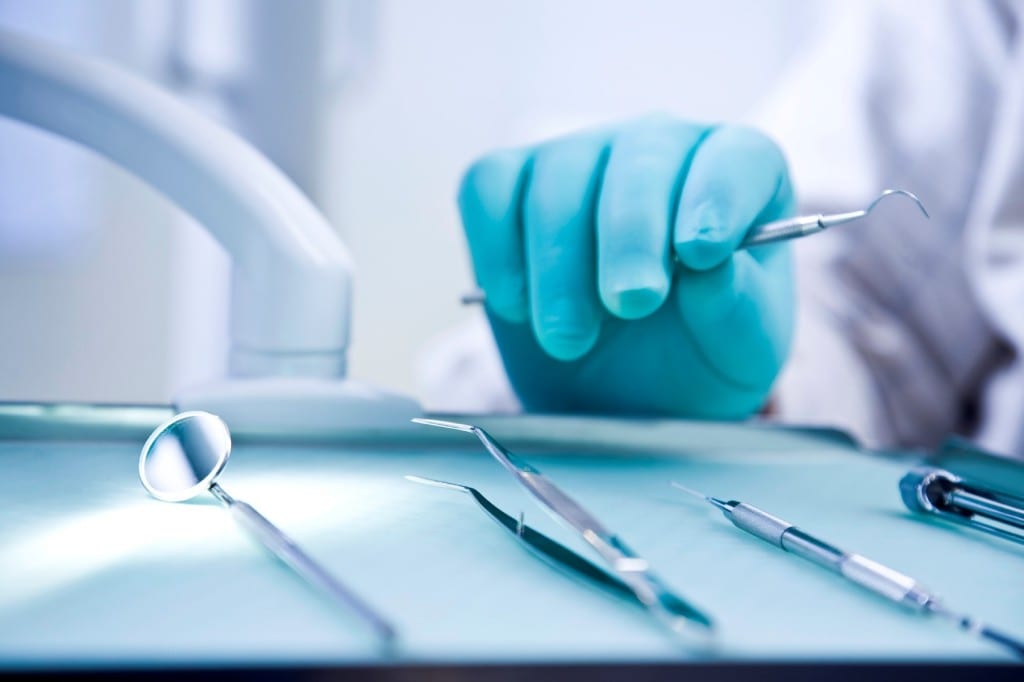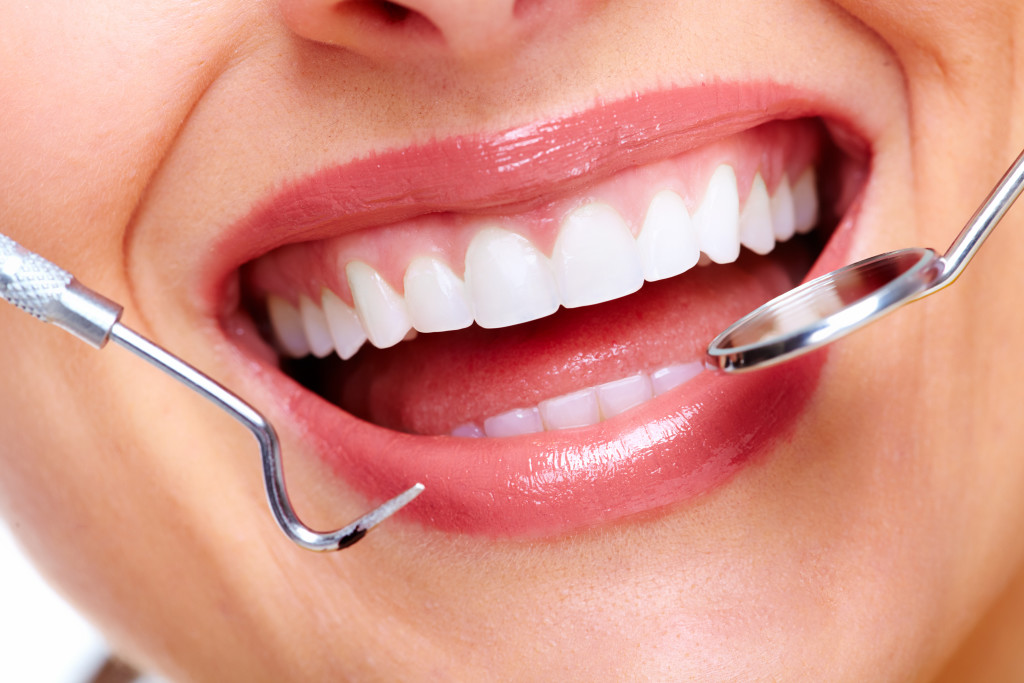 Consultation of the dentist is needed not only for the patient who will receive answers to all the exciting questions, but also a qualitative examination and conclusion about the condition of the oral cavity and diagnosed diseases, but also to the dentist. The doctor will draw up a plan of treatment and prevention based on the information received.
Consultation of the dentist is needed not only for the patient who will receive answers to all the exciting questions, but also a qualitative examination and conclusion about the condition of the oral cavity and diagnosed diseases, but also to the dentist. The doctor will draw up a plan of treatment and prevention based on the information received.
What interests the doctor, what questions should a dentist ask?
Consultation of the dentist: preparation
To get the most benefit from consulting a dentist, you need to prepare for it in advance. Patients should make a list of the most exciting issues that depend on the purpose of the consultation: preventive reception, the possibility of any treatment, for example, implantation of teeth or the desire to make your smile ideal.
Despite the reason for the treatment, patients need to understand that the dentist will follow a certain survey and survey algorithm. Some of these studies are mandatory, regardless of the reason for the treatment, but there are specific activities directly related to it.
Patients should fully and truly answer the questions asked by the doctor. These answers will help to diagnose, formulate a treatment plan, provide for some complications.
In the chair of the dentist
As practice shows, most patients come to the dentist with complaints about toothache or other unpleasant symptoms that cause anxiety. In this case, you need to talk in detail about your complaints. The dentist will be interested in the time of occurrence of unpleasant sensations and pain, what actions helped her to stop, what her characteristics are, whether the appearance of pain is associated with any irritants and much more. Answers to these questions will make it possible to put a preliminary diagnosis. To the patient’s response was the most complete, the dentist asked leading questions.
It is worth remembering that even the smallest detail, from the point of view of the patient, can be significant for the diagnosis.
Consultation of the dentist is a time when patients should talk about disturbing symptoms and their desires. Even if the main goal is to get rid of toothache, this will not hurt to talk about further treatment: prosthetics, correction of bite, teeth whitening, prevention of diseases of the oral cavity, etc.
Detection of diseases of the oral cavity
After listening to the complaints, even if the patient came with a pain in a particular tooth and can point to it, the dentist begins the examination from the opposite side, gradually moving towards the causative tooth. To make the correct diagnosis it is possible only after an estimation of a condition of all oral cavity.
Symptoms of various diseases of the oral cavity may be the same and differ only in the details, about which every dentist remembers.
Often to diagnose and make a treatment plan, doctors examine not only the teeth, gums, but also the face, lips, neck, posture and even shoes, palpating the regional lymph nodes. During the research, when receiving data, the doctor may ask additional questions.
Patients should understand that dentistry can be considered a diagnostic specialty. According to the state of the oral cavity, doctors can presume numerous diseases of internal organs. And the consultation of the dentist sometimes ends with the setting of preliminary diagnoses of diseases not related to the oral cavity.
There are many scientific studies that prove that the symptoms of diseases of the internal organs are often manifested in the oral cavity. It is dentists who often turn out to be the first experts who tell patients about the symptoms of diabetes, gastritis, cholelithiasis, etc.
Given the relationship between oral and internal diseases, patients should tell the doctor about their presence.
Do you always need more research?
Sometimes the doctor appoints additional methods to obtain a complete picture and plan of treatment, the possibility of further examination: radiography (sighting or panoramic shots), laboratory blood tests, saliva and other numerous analyzes.
Sometimes research is conducted outside the dental clinic. Mainly, it is allergens. Sometimes dentists ask for an extract from the medical history, especially if the patient is diagnosed with hypertension, bronchial asthma, cardiac pacemakers, etc.
In the presence of serious pathologies, other narrow specialists may be involved in the process of drawing up a treatment plan: an endocrinologist, a gastroenterologist, a neurologist, etc.
What questions should I ask the doctor?
As discussed above, the questions that patients should ask the doctor depend on the desires and purpose of the medication. But still there is a list of mandatory:
Quality of oral hygiene.
To assess the quality of oral hygiene, a doctor can conduct a procedure for controlled dental cleaning. In the dentist’s office, the patient cleans his teeth, and afterwards dissolves the tablet to color the plaque. This allows the patient to see their mistakes. The procedure for controlled cleaning involves learning to clean your teeth properly: what are the best means of using hygiene products. Correctly selected toothbrush and paste are capable of doing wonders. Toothpaste is a medicinal formula that can not only brush your teeth, but also cure.
Select the toothpaste and toothbrush, taking into account the weak links in the health of the oral cavity;
What is the treatment plan and what should be paid attention to.
General advice dentist gives after examination and assessment of the condition of the oral cavity.
Otherwise, the questions depend on the reason for the treatment and on what results the patient wants from the dentist’s consultation. When it comes to the possibility of implantation, patients should find out about the possibility of surgery, whether there is a need for bone growth, how many implants need to be delivered, what system the dentist recommends and, of course, find out the cost of treatment.
If you want to make your smile that will meet all the standards of beauty, together with the dentist you need to make a plan for treatment, sanitation of the oral cavity. Patients should understand that the ideal smile is not only a white enamel, but also even teeth and a proper bite.
Image credit: Daniel Frank






